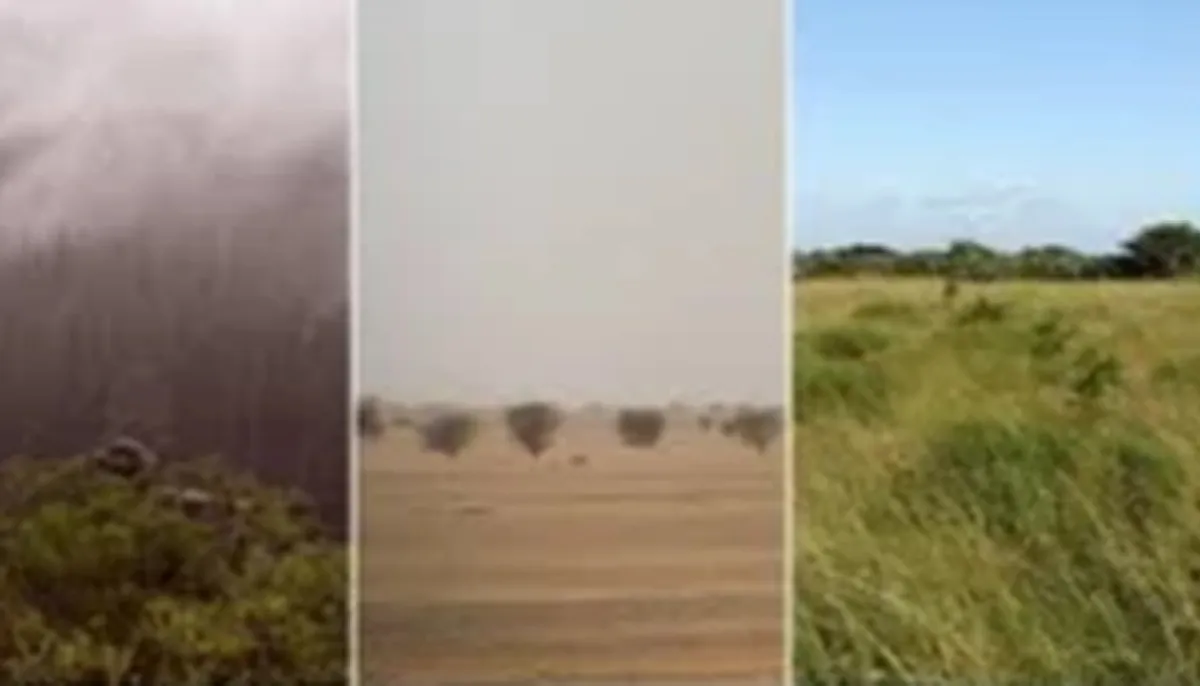
Early humans survived in a range of extreme environments before global migration, study says
Humans are unique among animals in their ability to thrive in nearly every environment on Earth — from lush rainforests to arid deserts and frozen tundra. According to a new study published Wednesday in Nature, this remarkable adaptability began long before modern civilization. The research suggests that ancient Homo sapiens developed the ability to survive in diverse and challenging environments well before they migrated out of Africa around 50,000 years ago.
“Our superpower is that we are ecosystem generalists,” said Eleanor Scerri, an evolutionary archaeologist at the Max Planck Institute of Geoanthropology in Germany.
Homo sapiens first emerged in Africa about 300,000 years ago. Although earlier evidence indicates that small groups ventured beyond the continent, permanent human settlements outside Africa only began with waves of migration roughly 50,000 years ago.
“What changed to make those migrations successful? What made humans ready at that point?” asked study co-author Emily Hallett, an archaeologist at Loyola University Chicago.
Instead of focusing on a single technological breakthrough or a new way of social communication — theories that previous studies have proposed without strong supporting evidence — the researchers explored the broader trait of adaptability.To do this, they compiled data from numerous archaeological sites across Africa dating from 120,000 to 14,000 years ago. For each site, they reconstructed the local climate conditions during the periods when humans occupied those areas.
Hallett noted that around 70,000 years ago, humans began inhabiting a far wider variety of environments than before. “We found a strong pattern showing humans started living in more extreme and difficult habitats,” she said.
Although early humans had long inhabited grasslands and forests, during this period they began adapting to everything from thick rainforests to dry deserts. This growing ecological flexibility, Hallett explained, was crucial in preparing them for eventual global dispersal.However, archaeologist William Banks of the University of Bordeaux, who was not involved in the study, cautioned against assuming that this adaptability was unique to Homo sapiens. He pointed out that other human species, such as the ancestors of Neanderthals, also left Africa and settled successfully in different parts of the world.
While the study sheds light on why Homo sapiens were prepared to expand globally, Banks added, it still leaves open the larger mystery of why only our species ultimately survived.source : UNB
